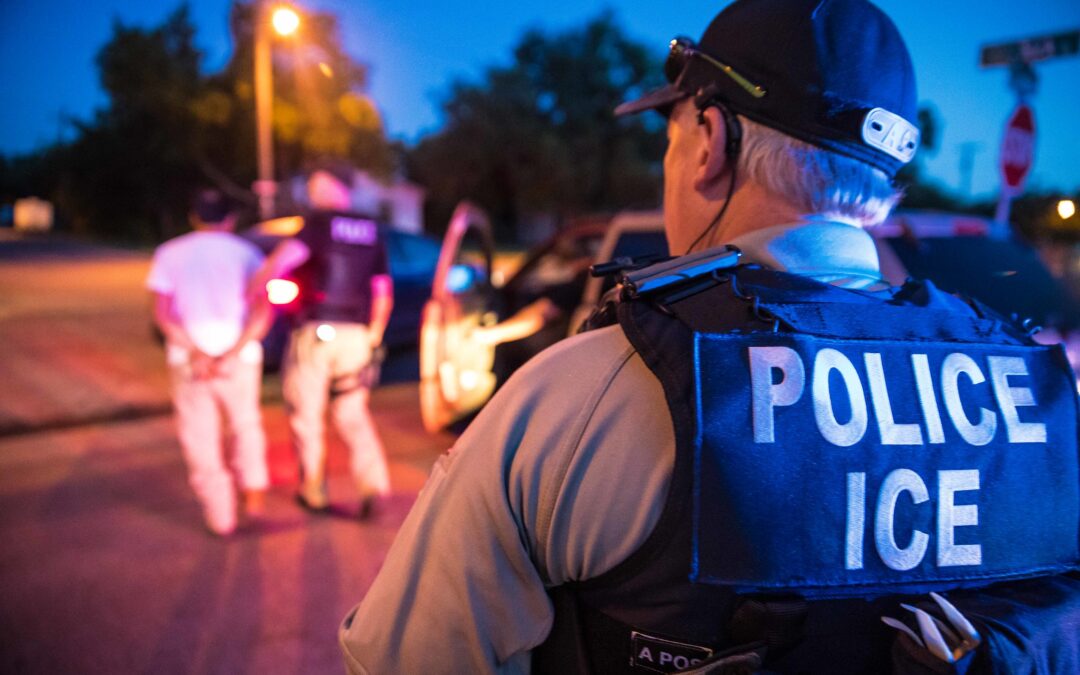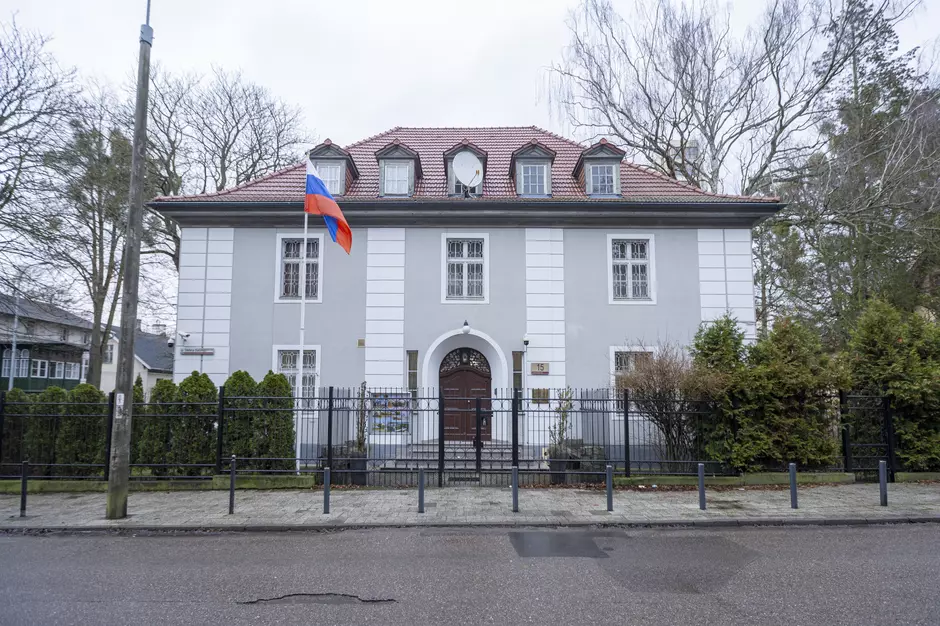Restaurants and shops around Poland have changed the name of “Russian” dumplings, one of the country’s most popular dishes, to “Ukrainian” in a show of solidarity with their eastern neighbour following Russia’s invasion. Many have also been donating takings to help refugees or providing other forms of support.
“We know this is only a symbolic gesture, but it is also important in the face of this terrible tragedy for the Ukrainian nation,” a restaurateur from the town of Zakopane told the Polish Press Agency (PAP).
“Today, on Ash Wednesday, the symbolic main course is Ukrainian borscht and Ukrainian dumplings,” he added. “We conspicuously cross out the word ‘Russian’ from the menu and add ‘Ukrainian’.”
As from today, we do not serve Ruskie Pierogi anymore, we will call them Ukrainian Pierogi with potato, cheese and onion.
Thank you pic.twitter.com/NN97Ck5ptL
— Damian Wawrzyniak (@ChefConsultant) February 28, 2022
Dumplings – or pierogi in Polish – are one of Poland’s national dishes. Among the most popular varieties are pierogi ruskie, which are filled with quark – a dairy product similar to cottage cheese – and potatoes, often served with skwarki (similar to lardons), fried onions or sour cream.
The origins of the dish’s name actually lie not in Russia but in Ruthenia, a historical region that spans what is now western Ukraine and southeastern Poland. Ruskie, therefore, actually means “Ruthenian”. However, in popular understanding and usage in Poland, the word – and the dumplings – are often seen as referring to Russia.
Recent days have seen reports from around Poland of businesses changing the name of the dish. “From today, the dumplings normally known as ‘ruskie’ will be Ukrainian,” announced Lindleya 14, a milk bar (as low-cost Polish cafeterias are known), in central Warsaw.
After a number of comments on social media pointed out to the restaurant that ruskie does not refer to Russia, it responded by saying that the “symbolic” initiative had come at the request of its Ukrainian employees, “who associate the word ruskie with war and cruelty”.
In the coastal city of Gdańsk, one restaurant, Stara Pierogarnia (meaning Old Dumping House), has not only changed the name of the dish to “Ukrainian dumplings” but also offered a free two-course meal to all refugees, reports the Trójmiasto.pl news service.
Another eatery in the same city, Tenisowa, has relabelled its pierogi ruskie as “dumplings with quark and potatoes” and announced that it will donate 10% of all sales of them to humanitarian aid for Ukraine.
Trójmiasto.pl identifies ten further restaurants in Gdańsk and adjoining Gdynia and Sopot that have similarly changed the name of the dish, with a number of them also offering support to humanitarian efforts.
Pierogi ruskie zmieniają nazwę na ukraińskie ❤️
Restauratorzy już zmieniają menu ❤️ pic.twitter.com/cb4mQbVn3C
— zuzeł ツ (@cmonvause) March 1, 2022
Meanwhile in Lublin – a city in eastern Poland near the border with Ukraine – a pierogi producer has renamed the dish as pierogi nieruskie – meaning “non-Russian/Ruthenian dumplings”.
“This is an expression of our opposition to the attack on Ukraine,” said Ewa Banach, owner of the Jagienka lunch bar and shop. “We’re a local bar and deli, but we try to do it as much as we can,” she told Dziennik Wschodni, noting that they had provided meals for refugees from Ukraine.
"Nieruskie". Jak pierogi poszły na wojnę https://t.co/fDyKrZldjh
— Marek Cichoń #SilniRazem (@marek_hg) March 2, 2022
Since Russia’s invasion of Ukraine last Thursday, over half a million people have crossed the border into Poland in one of Europe’s largest waves of refugees in modern times.
The Polish authorities have put in place measures to support those arriving, while there has also been a flood of support from Polish NGOs, religious groups, businesses and individuals.
Over 90% of Poles support accepting Ukrainian refugees, while 64% say they are personally willing to help them, according to two new polls
Recent days have seen a flood of support from Polish society for the hundreds of thousands of people fleeing Ukraine https://t.co/xe70yzxPuP
— Notes from Poland 🇵🇱 (@notesfrompoland) March 1, 2022
Main image credit: Jan Pawlicki/Twitter

Daniel Tilles is editor-in-chief of Notes from Poland. He has written on Polish affairs for a wide range of publications, including Foreign Policy, POLITICO Europe, EUobserver and Dziennik Gazeta Prawna.



















